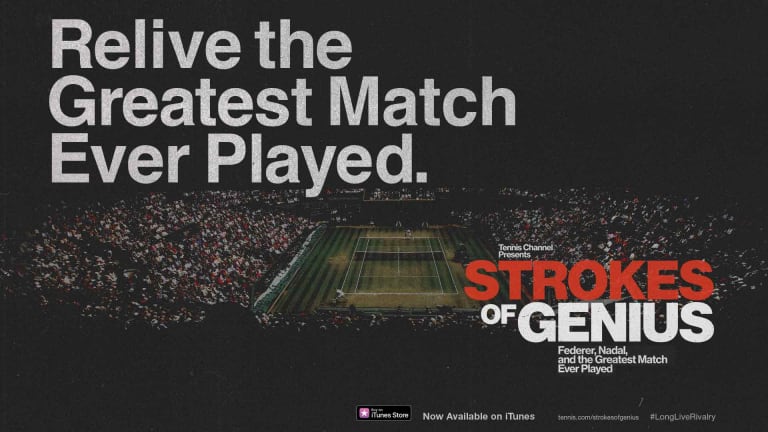Stephens said she had a “‘good training block” after the French Open—“I did more than I would normally do.” But she didn’t play any grass-court tune-up events; that’s something she says she’ll consider changing in the future, and you could see why today.
At Roland Garros, Stephens was able to win with a rope-a-dope style. She used her speed to defend, and her strength to counterpunch judiciously. Until the second set of the final, no one could lay a glove on her. It was the same game that Stephens used to win the Open last year, but it’s not a game that’s custom-made for Wimbledon. The grass there may not be as slick or as unpredictable as it once was, but as Stephens can attest, the ball still stays low and skids through the court more quickly than other places. No matter how fast Sloane is, grass doesn’t give her a lot of time to bob and weave.
In that sense, Vekic was one of the toughest draws she could have had in the first two rounds. The Croatian likes grass: She won the title in Nottingham last year, and in 2016 and 2017 she pushed two top players, Venus Williams and Johanna Konta, before losing.
“She hits flat, and has a decent serve,” Stephens said of Vekic. “All her shots stay low.” The matchup was, Sloane said, “unfortunate.”
Vekic had been the better player for most of her second-round match against Konta last year. She had used her “decent” serve—it’s actually pretty strong—to hold consistently, and had mixed her speeds well from the ground; no matter how many winners the long-limbed Vekic hits, the next one always comes as a surprise.
The problem wasn’t her game; it was her self-belief. Instead of growing more confident with each winner, her success only seemed to lead to more doubts. The better Vekic did during the points, the more hesitant and pensive she became between them. Finally, at 8-8 in the third set, her doubts overwhelmed her game.
Vekic said she had her losses to Williams and Konta in her mind as she inched closer to victory against Stephens; she didn’t want to fall short a third time. But she was clearly the sharper player today. Despite the swirling wind on Court 1, Vekic won points with heavy serves, deep returns, brilliant backhand passing shots, and again, those forehand winners that come from nowhere. While it took Vekic four match points—and a few nervy ground strokes which she pulled up on—she broke Stephens at 5-3 in the second, and avoided having to come back out and serve for it.
“She played a good match,” Stephens said, “and it was a tough day for me.”
DAILY SERVE—Recapping Wimbledon's first day of play
